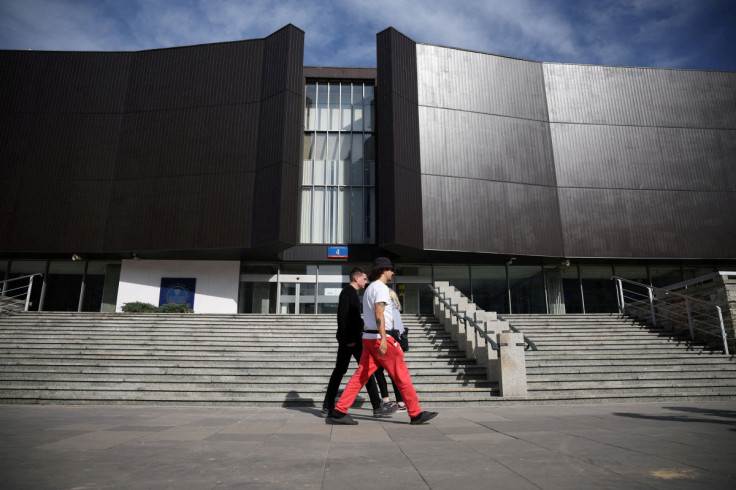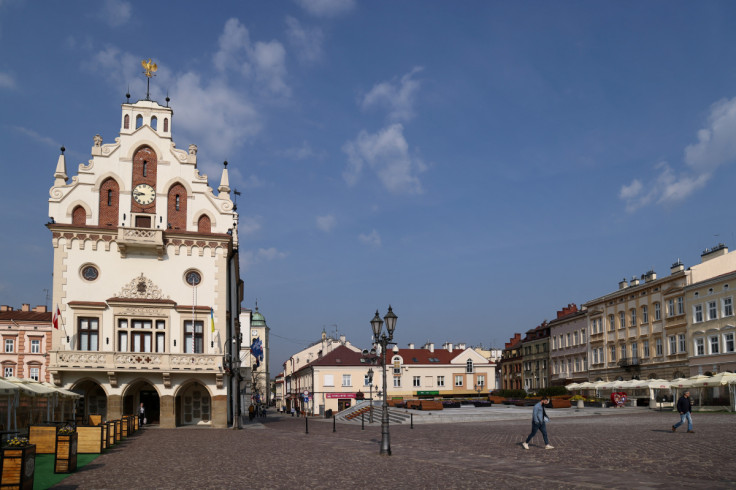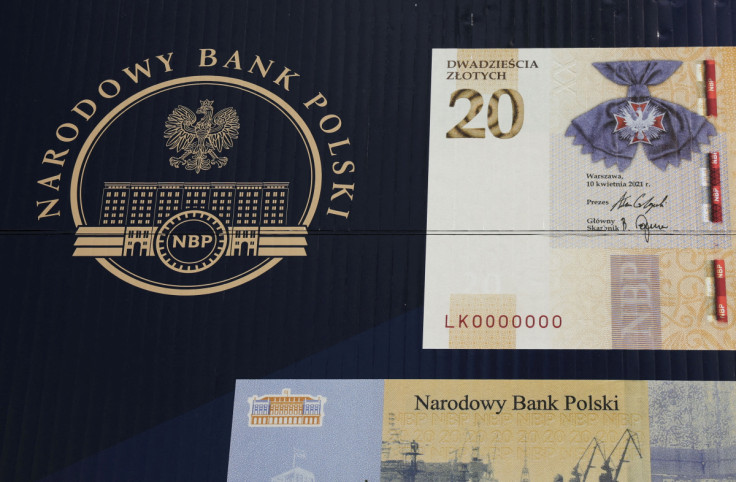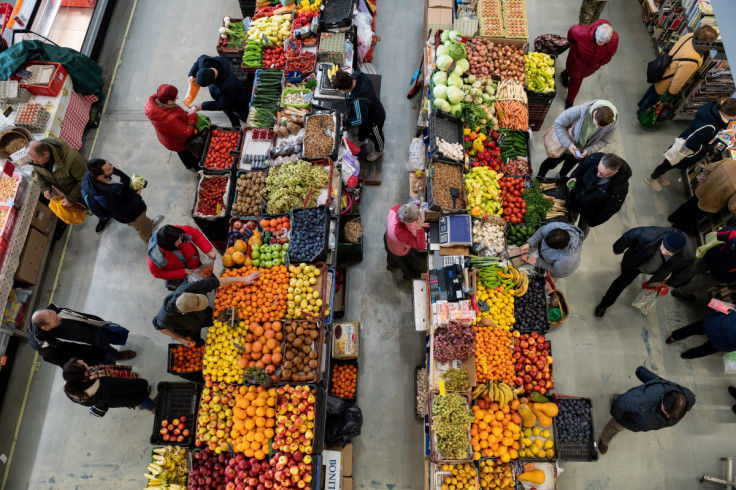Analysis-Company Profits In Focus In CEE Inflation Fight

Even as hopes grow that central European economies can avoid all-out stagflation, the region's central bankers have their eyes on two potential foes in their fight against inflation: corporate profits and indexation.
A fall in gas prices means the region could weather a winter downturn with limited hit to output - good for economic growth but possibly a new trigger for inflation levels already in some cases double those in the economies of the euro area.
As a decline in real wages spills over from the Czech Republic into Poland and Hungary, the question is how bold companies will be in the start-of-year re-pricing of goods and services that already saw hefty mark-ups last year.
"Our calculations show that price hikes exceeded cost rises in several sectors," Hungarian central bank Deputy Governor Barnabas Virag said last week after the bank left its base rate unchanged at 13%, the highest benchmark in the EU.
"We think this has contributed to last year's fast rise in inflation," he said.
The latest Eurostat data from the third quarter shows gross operating surplus in the corporate sector - a measure of post-wages profit - rising by an annual 34% in Hungary, 22% in Poland and 16% in the Czech Republic. That is far above growth rates of 10% the European Union as a whole and just 8% for the euro zone.
While Spain's left-wing government is on the watch for any excess profits made by supermarkets and others, and authorities in Portugal have also seen signs of rising profits, it has not featured strongly in European Central Bank deliberations.
A similar debate in the United States last year, where record corporate profits led to questions as to whether companies were fuelling inflation in their quest to re-build profit margins, has also died down.
In central European economies like Hungary, however, economists see a possibility that companies will seize on the fact that nominal wages are rising at a double-digit percentage rate, albeit still behind headline inflation.
"The pricing power of companies can prevail for longer if they experience no drastic collapse in purchasing power," ING economist Peter Virovacz said. "Although the change in real wages over the course of the year could be negative, this can be substantially smaller than we had expected earlier."
"INFLATIONARY IMPULSES"
The net financial result of the Polish corporate sector rose to record highs in nominal terms in the second quarter, as growth in sales revenue outpaced the costs of goods sold, the Polish central bank said in its November inflation report.
"This indicates that companies passed on the sharp increases in costs, including those related to high prices of natural gas and electricity, to the prices of final goods," it said.
"Consequently, profitability indicators, including the percentage of profitable firms, remained high."
Prime Minister Mateusz Morawiecki has called on state-owned railway firms to cut intercity ticket prices after hikes of between 11.8% and 17.8% this year, making air travel a cheaper option than taking some trains between Poland's largest cities.
The Czech National Bank said in its autumn monetary policy report that sole traders have been able to generate higher-than-usual real profits based on its latest figures, while data on the largest 2,000 Czech firms showed the profit rate in all sectors was at least equal to the pre-pandemic level.
The profit rates in key sectors of the economy - trade, transport and restaurant services - were increasing, it added.
Czech central bank Vice Governor Eva Zamrazilova has said corporate margins are one area to monitor for possible price dangers, adding however that recent developments showed consumers were becoming increasingly sensitive to high prices.
"That is another thing that I will watch closely, and if something that can be called a profit-inflationary spiral is maintained here, then for me it will be a step to intervene," said Zamrazilova.
Economists at Komercni Banka said the third-quarter profit rate of Czech non-financial enterprises was the highest since the first half of 2021. However, declining demand could make it increasingly hard for companies to raise prices, they said.
INDEXATION RISK
The Hungarian Competition Office has launched a probe into a sharp increase in food prices, which rose by an annual 49.6% in Hungary in December, by far the highest in the EU.
Hungarian food price growth moved broadly in line with regional and EU levels until the start of 2022 but gathered pace from May, when the forint decoupled from central European currencies and weakened substantially against the euro.
Some telecommunications companies in Hungary have also raised services prices in response to high inflation, with Deutsche Telekom's local unit matching last year's 14.5% inflation rate across its consumer services contracts.
"We do not consider it optimal that companies are not setting their prices based on their cost structure but mechanically track last year's inflation rate," Hungarian central bank Director Andras Balatoni told Reuters. "We are monitoring developments."



© Copyright Thomson Reuters {{Year}}. All rights reserved.





















